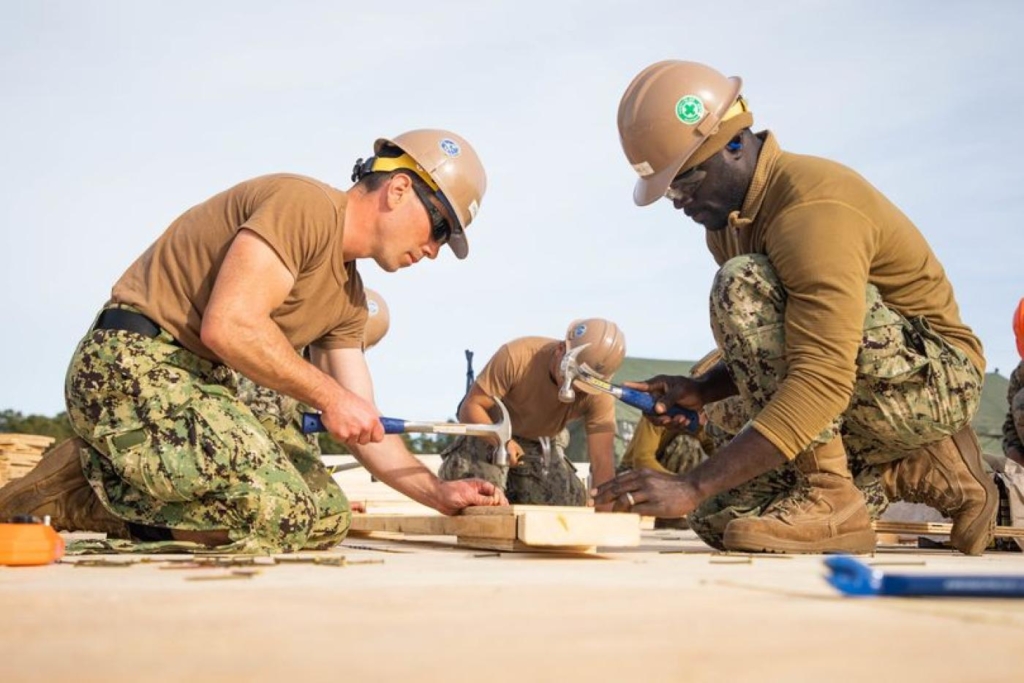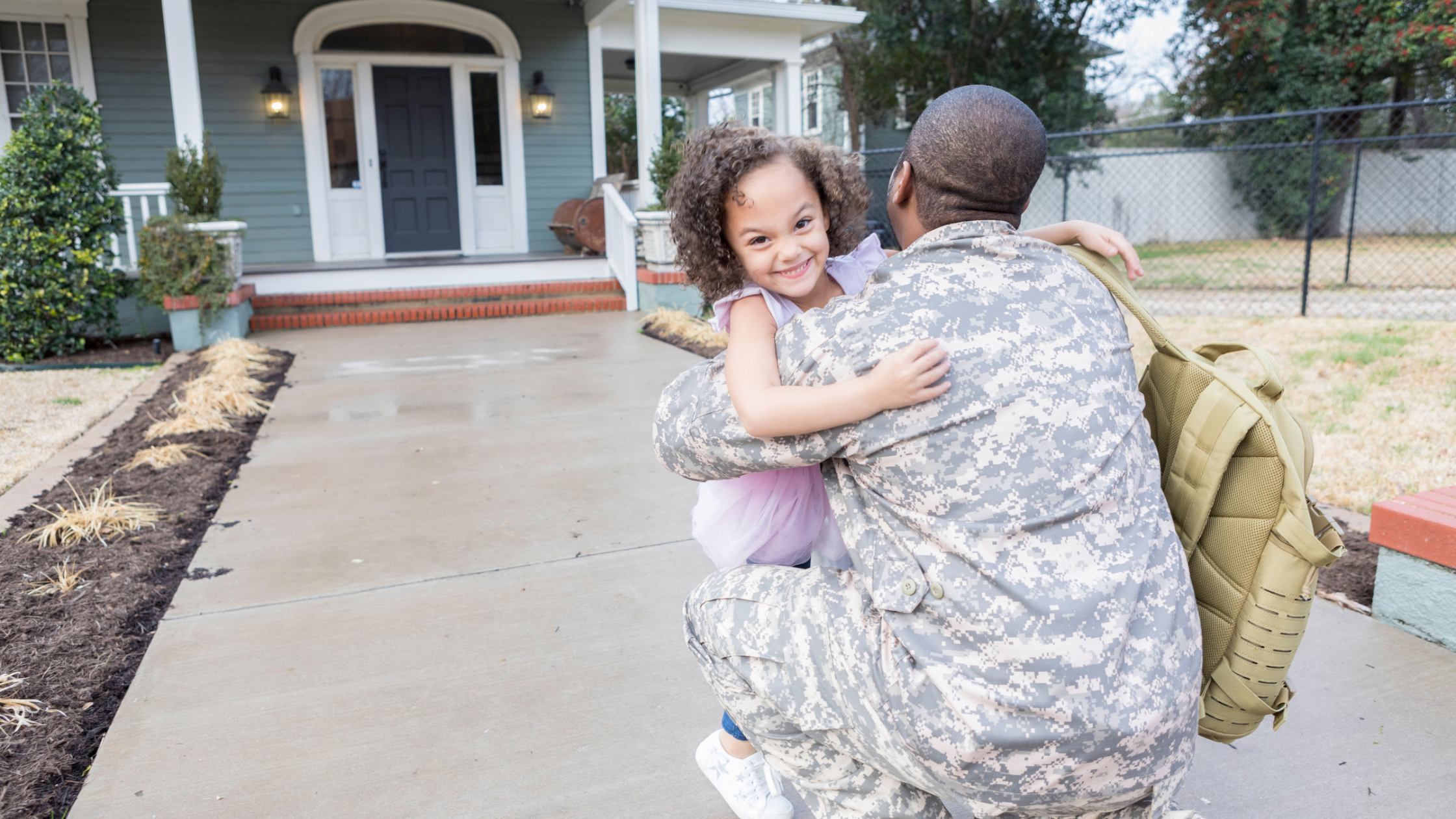I’ve heard a lot about the veteran homeless and unemployment rates with veterans. It has never made sense to me that a well-disciplined and capable veteran could have any difficulty finding a job coming out of the military. So, I decided to look into it. Why is the transition back to civilian life so difficult?
Many people assume this is due to mental health issues. According to Pew Research Center, 47% of veterans after 2001 say they experienced an emotionally traumatic or distressing event related to their military service. Some reported being diagnosed with post-traumatic stress as a result. Although this can be a factor as to why their transition is so hard, this is just one reason affecting less than 1 in 10 veterans.
An estimated 50,000 US veterans are homeless on any given day throughout our nation. Additionally, about 7% of Iraq and Afghanistan Veterans are unemployed, nearly twice the national average. When speaking to CBS News, veterans stated that there is a lack of resources to prepare them to know how to enter the workforce. Despite developing many soft skills, they often lack guidance on effectively conveying their abilities to employers, preventing them from finding employment.

The Underlying Problem
Veterans have been instilled with countless hours of discipline, loyalty, integrity, and more. This surpasses the expectations of most employers from any civilian prospect. They have led teams, maintained equipment, upheld the highest form of confidentiality, and have proven to be remarkably adaptable. However, despite these valuable skills, veterans are often left unequipped to effectively communicate their experiences during interviews or on their resumes.
Approximately 45% of veterans believe that the military did not adequately prepare them for life post-service (PRC). The challenge lies in translating the acquired skills from a military context to a language suitable for the business world, where they are not explicitly trained in how to articulate their extensive expertise.
How does one effectively convey years of military service spanning a decade or two? Veterans are accustomed to a specific language that may not seamlessly transition to a corporate setting. Their use of military jargon, developed over years of service, requires adaptation to a new language when entering the civilian workforce. Unfortunately, the military often neglects to prepare them for the nuances and etiquette of corporate America, leaving them to appear rigid or out of place when seeking employment.
Navigating Stigma and Isolation
This doesn’t just impact those who have experienced combat or served a few years; even officers with over a decade of service often face challenges in transitioning back, despite their extensive experience. Overcoming negative stereotypes proves difficult, as employers frequently hold these beliefs about veterans having PTSD or anger issues, unfairly labeling them as liabilities before they can demonstrate their capabilities.
Building a professional network poses an additional hurdle. While many individuals establish connections early in their careers through school or former colleagues, veterans often lack networks beyond their military peers and lack corporate connections. According to the Washington Post, more than half of job openings are filled without public advertisement. Given the crucial role of networking in job searches, how can we expect veterans fresh from deployment to discover these unpublicized opportunities?

Lifeline4Vets Counseling
Lifeline4Vets is a 501(c) nonprofit that provides mental support and financial guidance to veterans with headquarters located in Westside LA. They are a branch of the National Veterans Foundation and have served over 450,000 veterans and their families in its over 35 years of existence.
Their main service is their hotline for veterans (888-777-4443) who need support and counseling. The significance of Lifeline4Vets is providing a vet-to-vet support system that is disconnected from any government plans. They give veterans the opportunity to speak with people who have dealt with the same issues they have and successfully navigated these tough circumstances.
Their programs also host events to bring like-minded veterans together for community support, to feed homeless vets, provide financial assistance, teach financial literacy, find jobs, and help them with any other issues they may have. Lifeline4Vets believes that getting these veterans off the street, into homes, into stable jobs is a form of mental support. It is one of the best ways to begin their healing process and keep them from further harm.
The sacrifices that veterans make for us is something that we often take for granted. Not only are their lives often at stake, but when they return, they face an arduous adjustment period back into regular life. Thank a veteran today!
To join the millions of people who have supported our veterans please consider visiting Lifeline4Vets to learn more about their cause!
To see more local nonprofits in Westside LA, click here.




